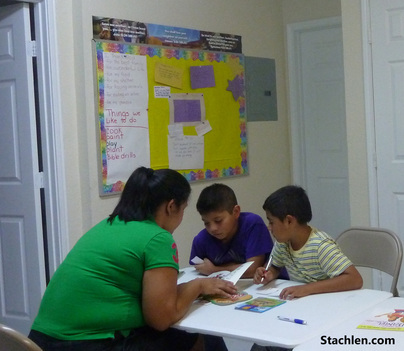The Return on Your Time Is Priceless
I think it was about the year 2000 when I was first introduced to the concept of student data talks. At that time they were called “Cara A Cara” which in English means” Face to Face”. The concept was, if you share students’ scores with the individual student and on a deeper level the student will take ownership of improvement. Sounds great, right?
Armed with the nuts and bolts of “Cara A Cara” I set out to meet with students. I decided to meet with students who needed to retake the State Assessment, 200+ students. Thankfully the district office of instruction staff was willing to help me. We reviewed the student last test scores in detail with the student. I have to say, it went OK but not as I expected. Many of the students were not interested. But I was not giving up on the idea.
A few years later I became a principal of a struggling high school. Determined to help students take ownership of their education, I introduced “Cara A Cara” under a new name “Data Talks”. I took a different approach to Student Data Talks. I met with the counselors, assistant principals, and secretaries to plan the event. A folder was created for each student containing, attendance history, State Assessment scores from every year, discipline records, report card records, any other reading or math assessments the student may have taken throughout the years and a list of interventions available. Our focus was on students who were not successful on the State Assessment.
The individual talks took about two weeks to complete. I have to say they were powerful and students walked out focused on their individual needs. Later the honor students approached me concerned that they not receive individual data talks. So we began having data talks for all students once a year.
I find it interesting that when students fully understand the correlation among all the data they no longer feel like failures. They understand how to fill in the missing pieces and rise to success.
Students started carrying their portfolios with them and asking their teachers when they were going to touch on this that or the other. Teachers had to create spiral activities and warm-up activities to help meet student needs, not because administration was asking but because students were asking.
So…If data talks work and have been around for so long, why are we not maximizing the use of them? It takes a great deal of time and energy to prepare and execute Individual Student Data Talks. But the return on your invested time is priceless.
Used correctly Individual Student Data Talks can be a powerful activity when turning around a campus.
How do student data talks look at your campus? I would love to hear.
If you want to read more about instructional data decision making click here.

